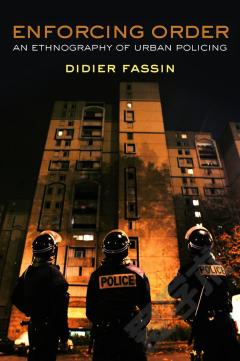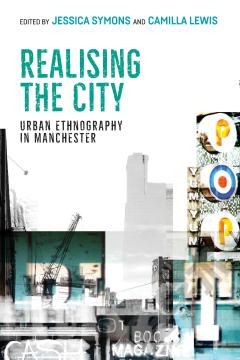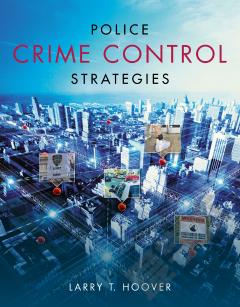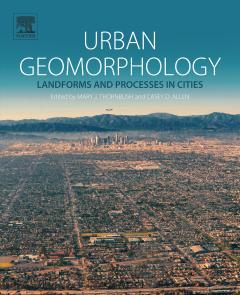Enforcing Order —— An Ethnography of Urban Policing
----- 强制执行命令:城市警务民族志
Acknowledgements Preliminary Remarks Preface to the Engish Edition Prologue - Interpellation In which the author comes to understand that it is sometimes dangerous to wait for a bus in the outer city on New Year s Eve. How policing practice provides the language for a philosophical theory, and how a philosophical theory supplies the meaning of policing practice. That this is not a testimony, and that indignation is not rage. Introduction - Inquiry How the present research was authorized and then forbidden, and that this censorship is revelatory of petty exceptions in a democratic regime. That an ethnography of the police requires resisting the dual temptation of exoticism and culturalism. That a study is often the result of the converging effects of chance and necessity. Chapter 1 - Situation How an imaginary of war came to be established in the relations between the police and the projects. That a brief history of the social question and security issues is essential in order to understand the context in which law enforcement faces classes reputed to be dangerous. That the creation of more aggressive special units was judged necessary to deal with the alleged disorder in the outer cities. Chapter 2 - Ordinary How the daily work of police officers is far removed from the image they had of it when they joined the force, and the illusion they continue to maintain of it. That evaluation of the work of urban patrols yields such unexpected results that it is not taken into account by government. That inaction generates action, and what this phenomenon of spontaneous generation means for the residents of the projects. Chapter 3 - Interactions How stops and frisks serve purposes other than those they are supposed to serve, and prove more effective in perpetuating a social order than in maintaining public order. That the way police officers speak about the individuals with whom they deal throws light on their way of operating in the outer cities. That the theater of police intervention sometimes plays comedies in which not all spectators laugh at the same moment. Chapter 4 - Violence How a criminal court can offer valuable lessons on excessive use of force by the police in the outer cities. That by not reducing violence to its physical aspect and not limiting the definition of it to the legal sense, one can gain a different understanding of it. That there are many ways of preventing police brutality from being prosecuted Chapter 5 - Discrimination How police officers and sociologists challenge the existence of discriminatory practices that the rest of the French population is convinced prevail. That racist ideas do not automatically lead to discriminatory practices, but that the two are far from incompatible. That institutions show more tolerance toward institutional racism than toward its victims. Chapter 6 - Politics How some signs are not deceiving, but may nevertheless be surprising in a democratic regime. That local practices enjoy great autonomy with respect to national guidelines, but that government policy has some influence on the everyday work of law enforcement. That the corollary of the increasing criminalization of behaviors is an unprecedented casting of the police as victims. Chapter 7 - Morality How police officers disappointed by the justice of the courts began to practice street justice. That jokes in the precinct can prove more serious than is customarily maintained. That a code of ethics is not enough to interpret the ethical forces at work in the behavior of police officers and the moral impasse in which the police find themselves. Conclusion - Democracy How the French police preferred the model of the cop in the United States to the style of the British bobby, and what was the result. That the imposition of the rationale of security has a high social cost for contemporary societies. That the interests of ethnography are intimately bound with those of democracy. Epilogue - Time In which the author looks back to a not-so-distant past, observes that the more things change the more they do not stay the same, wonders about the present as it is experienced by certain segments of French society and ignored by the others, and expresses concerns about the future. Notes Bibliography
{{comment.content}}








 京公网安备 11010802027623号
京公网安备 11010802027623号